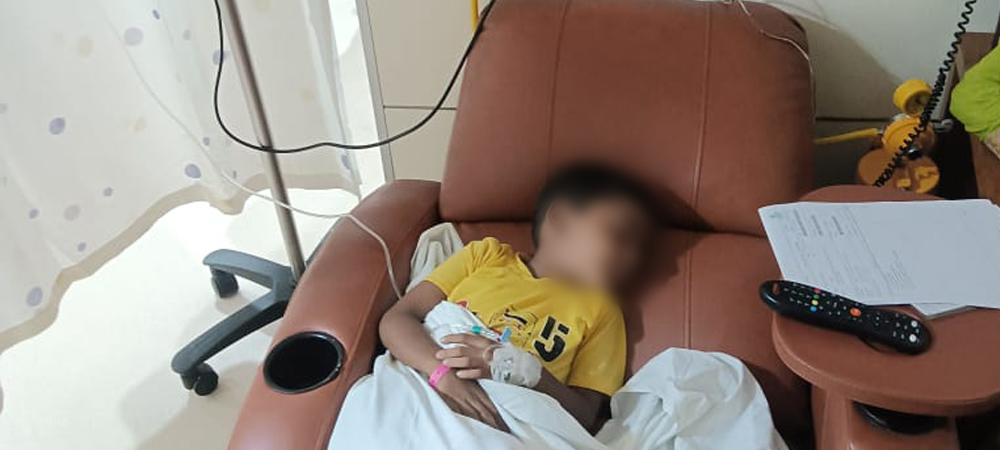Medical emergencies can strike at any time, affecting people from all walks of life. However, the impact of these emergencies is not the same for everyone. Socioeconomic factors play a crucial role in determining how quickly and effectively a person receives medical care. Individuals from disadvantaged backgrounds often struggle to access timely treatment, leading to severe health consequences. This is where an NGO for medical emergency cases support steps in, ensuring that healthcare reaches those who need it the most.
How socioeconomic factors affect medical emergencies
Financial Constraints
Many people delay seeking emergency medical care due to financial difficulties. The cost of ambulance services, hospitalization, and medication can be overwhelming for low-income families. Without immediate intervention, treatable conditions can turn fatal. An NGO for medical emergency cases services helps by covering medical expenses or providing financial aid to those in distress.
Lack of Awareness
People in rural and underprivileged areas often lack awareness about emergency healthcare services. They may not know where to go in a crisis or may rely on home remedies instead of seeking professional help. NGOs play a key role in educating communities about the importance of timely medical intervention.
Limited Access to Healthcare Facilities
Many people, especially in remote areas, do not have easy access to hospitals. Long distances and lack of transport facilities make it difficult for them to reach medical help in time. An NGO for medical emergency cases ensures that ambulances and mobile medical units are available in such areas, providing immediate assistance.
Language and Cultural Barriers
Language barriers often prevent people from understanding medical procedures or seeking help in time. Some communities also have cultural beliefs that discourage hospital visits. NGOs work closely with such communities, providing information in local languages and ensuring that cultural sensitivities are respected while delivering healthcare services.
Unstable Employment and Lack of Insurance
Many people in lower-income groups work in unstable jobs with no health benefits. Without insurance coverage, affording emergency medical care becomes a challenge. An NGO for medical emergency cases can bridge this gap by covering emergency medical expenses and negotiating with hospitals for affordable treatments.
Sahyog: A Lifeline in Medical Emergencies
Sahyog has been at the forefront of emergency medical aid, working tirelessly to support individuals who face barriers to urgent healthcare. Over the years, the organization has taken several steps to ensure that financial struggles, lack of awareness, or geographical distance do not cost lives.
Medical Assistance for the Underprivileged
The organization provides financial assistance to patients who cannot afford emergency care. Many hospitals work in collaboration with Sahyog to offer immediate treatment without waiting for payment confirmation. This ensures that no patient is denied care due to financial constraints.
Community Awareness and Training
To address the issue of low awareness, Sahyog conducts regular health camps and workshops in rural areas. These programs educate people on recognizing emergency symptoms, calling for help, and taking basic first-aid measures before professional medical assistance arrives.
Collaboration with Hospitals and Donors
Sahyog works closely with hospitals, healthcare professionals, and donors to create a strong support system. Their partnerships ensure that patients receive the best possible care without financial worries. By acting as a bridge between hospitals and underprivileged patients, Sahyog has established itself as a reliable NGO for medical emergency cases assistance.
The Way Forward
While Sahyog has made remarkable progress, the need for emergency medical support continues to grow. More NGOs, volunteers, and donors need to come forward to expand these services. Governments and private institutions should also collaborate with NGOs to strengthen emergency healthcare infrastructure.
Access to medical care during an emergency should never be a privilege; it should be a basic right. With the tireless efforts of organizations like Sahyog, more lives can be saved, and the burden of medical emergencies on underprivileged families can be reduced. An NGO for medical emergency cases is not just a support system; it is a lifeline for those in crisis.
If you wish to contribute or know someone in need of urgent medical assistance, reach out to Sahyog today. Together, we can make emergency healthcare accessible to all.

